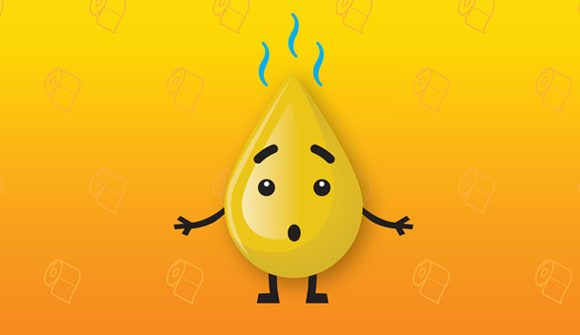Caffeine: friend or foe?
Common questions surrounding the natural stimulant.
Article Date:

It can buoy college students through all-night cram sessions on final exams week. It can steel overworked adults for a demanding day on the job. It can make you run for the restroom following a too-long air flight. It can deliver a withdrawal migraine that flattens you for a week.
What is it? Caffeine.
More than 85% of Americans consume at least one caffeinated drink per day, and coffee is the largest contributor to caffeine intake. But coffee’s effects – and side effects – can leave us wondering whether it’s a friend or foe. Researchers have examined coffee for years trying to decide. Recently, studies have tipped the balance towards healthy.
“Caffeine is a central nervous system (CNS) stimulant that has the ability to enhance concentration, increase metabolism and boost mood,” said Sarah Adams, MD, a family physician with Baptist Primary Care.
How much is too much?
Research has shown coffee lowers people’s risk for cardiovascular disease, liver cancer, colon cancer and Parkinson’s disease. A Johns Hopkins study showed coffee improves memory over a 24-hour period. European studies have shown people who drink coffee are less likely to develop Alzheimer’s disease.
However, the benefits of coffee peak at three to four cups of coffee, or up to 400 mg of caffeine, a day.
“Caffeine consumption is relatively safe in limited amounts. The problem is that many people today are consuming high-energy drinks that contain massive amounts of caffeine or drinking several highly caffeinated beverages in a short period of time, which can lead to complications,” Dr. Adams said.
She shared that caffeine toxicity is a concern with these high levels and can be exacerbated even further if a person combines caffeine with other substances, such as tobacco and alcohol.
“Over the past few years, there have been reports of many deaths following the consumption of such combinations,” Dr. Adams said.
Who should limit caffeine?
Not everyone has the same tolerance to caffeine. Metabolism and underlying health conditions play a role in its effects.
“The half-life of caffeine, or how long it stays in a person’s system, is approximately five hours in the average adult. However, multiple factors can influence metabolism. Half-life is reduced by up to 50% in smokers compared to nonsmokers. Conversely, pregnant patients, especially those in the final trimester, will demonstrate a prolonged half-life of upwards of 15 hours,” Dr. Adams explained. “During pregnancy, the American College of Obstetricians and Gynecologists (ACOG) considers consuming 200 mg of caffeine – about one 12-ounce cup of coffee – per day or less to be safe.”
Caffeine may worsen symptoms for those with:
- Underlying heart conditions
- Leaky bladder
- Osteoporosis
- Rheumatoid arthritis
This is because it stimulates the cardiovascular system and may cause higher blood pressure or abnormal heart rhythms. Further, coffee is considered a diuretic and can make people urinate more often.
Conversely, coffee has positive health effects for some:
- Relieves constipation by stimulating the colon
- Eases lung disease symptoms by smoothing and dilating muscles in the respiratory tract
Can you be addicted to caffeine?
It’s important to understand that coffee works its stimulating magic in your brain within 15 minutes of entering the bloodstream. The caffeine in coffee is chemically similar to adenosine, which is a “tiredness” hormone in the brain.
Adenosine accumulates during the day, locking into receptors in the brain and making you feel more and more tired. Caffeine works by attaching to brain receptors in place of the adenosine, blocking the tiredness effect.
“People can develop a dependence on coffee and other caffeinated beverages quite quickly. This is due to the chemical changes sustained consumption produces in the brain. If someone drinks caffeine daily, they will develop a tolerance just as they would to other drugs or alcohol. After a while, the person requires more caffeine to produce the same effects of alertness,” Dr. Adams said.
Similar to other drugs, people who abruptly stop drinking caffeine after prolonged use will suffer from withdrawal symptoms and experience cravings. These include a lack of energy, headaches, drowsiness and irritability, and even nausea or vomiting.
“Drinking caffeinated beverages is a relatively safe and nonharmful habit. However, when the need for caffeine crosses the line from a pleasant pick-me-up to a daily necessity, addiction is possible,” Dr. Adams cautioned.
Is caffeine healthy for me?
Whether coffee is helpful or harmful is a very individual matter that depends on underlying conditions and risk factors. For answers about coffee in your diet, contact your primary care physician.




